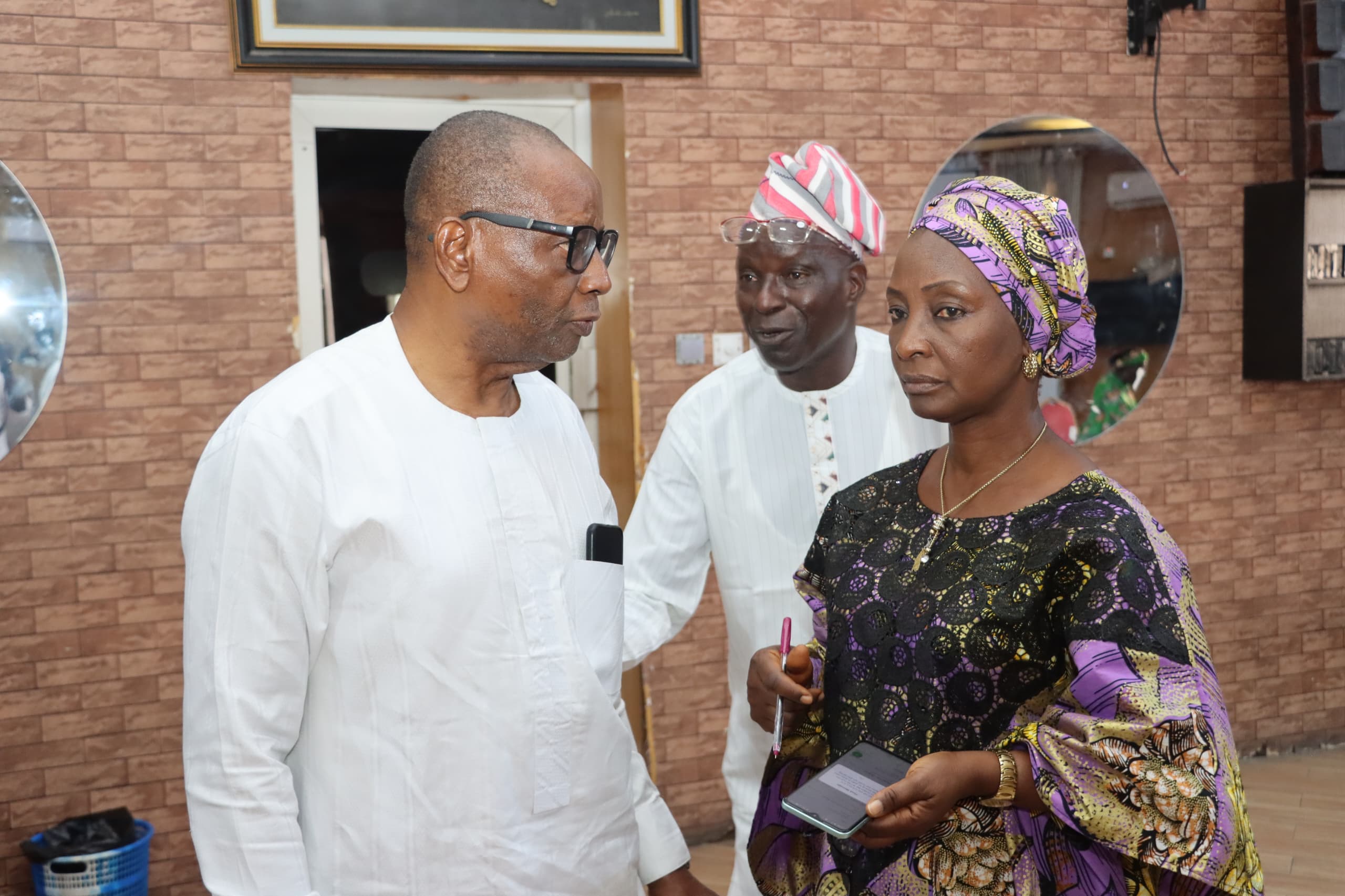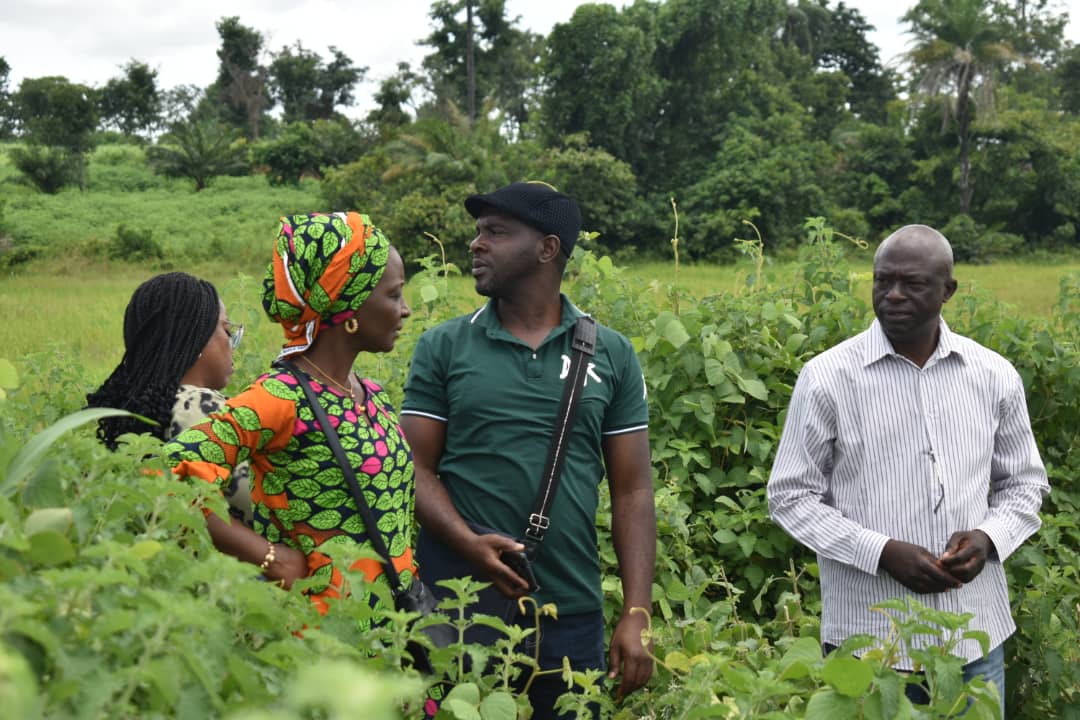In a significant move toward promoting sustainable forest management and enhancing the resilience of the Federal Capital Territory (FCT) to climate change, the Federal Capital Territory Administration (FCTA) and the FCT Agro-Climatic Resilience in Semi-Arid Landscapes (ACReSAL) Project have commenced the process of developing a new Forest Management Policy for Abuja.
In furtherance of this initiative, a one-day inception workshop was recently held, bringing together key stakeholders and representatives from the Secretariats, Departments, and Agencies (SDAs) of the FCTA, environmental non-governmental organizations (NGOs), FCT Area Council Authorities, and neighbouring states to share ideas on developing a comprehensive and sustainable forest management policy for the FCT.
In his keynote address at the event, the Mandate Secretary of the Agriculture and Rural Development Secretariat, Lawan Kolo Geidam represented by the FCT ACReSAL Project Coordinator, Mrs. Caroline Opara, highlighted the urgent need for a new Forest Policy. He pointed out that the current policy, developed in the 1980s, is no longer adequate to tackle modern environmental challenges, warning that the outdated framework leaves the Territory exposed to significant risks, of heightened vulnerability to climate change, threats to biodiversity conservation, and weakened community resilience.
Describing the current state of FCT forest reserves as critical, Geidam commended the ACReSAL Project for its support, noting that it aligns with the Project Development Objective (PDO) of ACReSAL, particularly under Component C of the project framework, which focuses on providing institutions with the necessary support to carry out effective landscape management activities.
He urged participants to take the assignment seriously and ensure they develop a comprehensive and holistic policy that addresses critical issues such as enhancing climate resilience through reforestation and afforestation strategies, conserving biodiversity, empowering local communities, resolving land-use conflicts, modernizing the legal framework, implementing preventive measures to reduce encroachment, and establishing guidelines for sustainable timber harvesting and urban green space preservation. In his words, “Let me emphasize that the success of the policy depends on its ability to tackle these multifaceted challenges effectively, ensuring a sustainable and resilient future for the FCT’s forest reserves and the communities that depend on them.”
Geidam said that the inclusive approach of the workshop is to ensure that the new Forest Policy reflects the diverse perspectives and expertise of all stakeholders, which will pave the way for a more effective and sustainable framework for forest management in the FCT.
Earlier in his welcome address, the Team Leader of Vandotech Company Limited, the consulting firm engaged by ACReSAL to develop the new Forest Policy, Barrister S.A. Okonufa, emphasized that organizing the workshop was a crucial strategy to gather stakeholder inputs. He highlighted that this collaborative approach is essential for creating a comprehensive plan that addresses all the gaps and challenges the existing FCT Forest Act has failed to tackle. Okonufa stressed the importance of aligning the new policy with current global best practices and ensuring it reflects the realities and needs of the FCT.
Participants at the workshop were divided into groups to review the proposed document presented by the consulting firm. The session involved in-depth discussions to identify areas for improvement and provide actionable recommendations. The workshop concluded with each group presenting their proposed amendments to be integrated into the final policy draft and subsequently presented to the FCT and ACReSAL Project officials for further consideration and approval.






